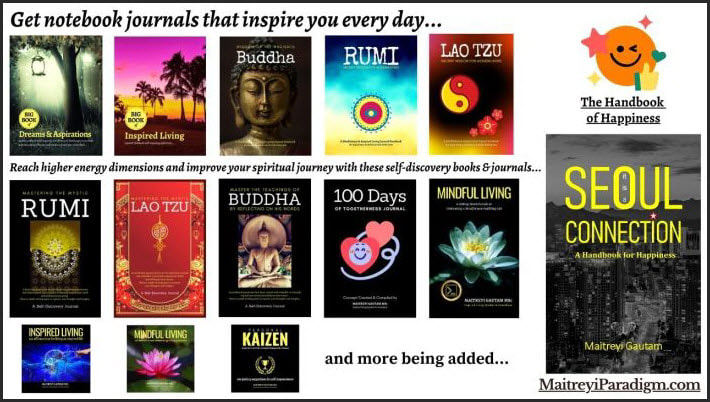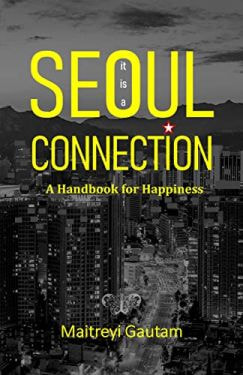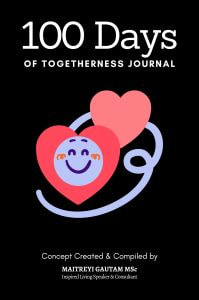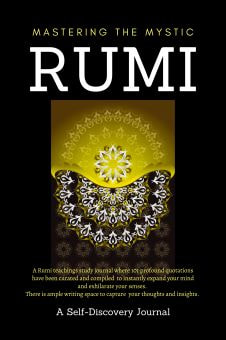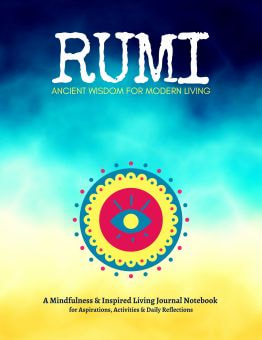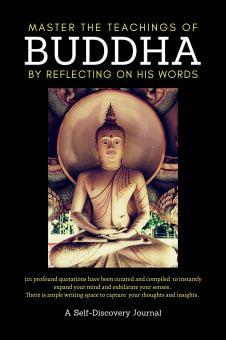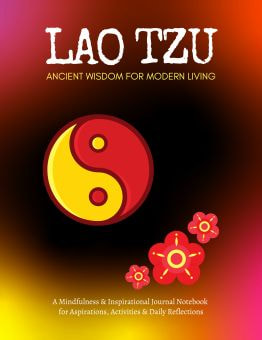Journaling and reflection play a pivotal role in this phase, helping participants derive the most from their karmic regression experiences.
Journaling and reflection are of paramount importance after a karmic regression session for the following reasons:
1. Capturing Fresh Insights:
- Immediate Recording: Memories and insights from the regression might fade with time, just like a dream. Journaling immediately ensures that the intricate details and feelings remain captured.
- Clarity and Coherence: Writing helps in organizing thoughts and transforming abstract feelings or fragmented memories into a coherent narrative.
2. Processing Emotions:
- Emotional Release: Regression sessions can stir up a plethora of emotions. Writing allows for an external outlet, ensuring emotions aren't bottled up.
- Identification: By writing down and labeling feelings, one can better identify and understand the emotions they're experiencing.
3. Recognizing Patterns:
- Connecting Dots: Journaling about multiple sessions over time can help identify recurring themes or patterns across past lives.
- Insights into Present Life: Recognizing these patterns can offer insights into current behaviors, relationships, and challenges.
4. Deepening Understanding:
- Prolonged Engagement: The act of journaling and reflecting requires one to re-engage with the session's experiences, deepening their understanding of the insights.
- Personal Interpretation: Writing allows for personal interpretation of the experiences without the immediate influence of the therapist. This can lead to additional insights and revelations.
5. Setting Intentions and Goals:
- Future Directions: Based on the insights from the regression, one can set intentions or goals for personal growth, healing, or addressing specific challenges.
- Actionable Steps: Journaling can help convert abstract insights into actionable steps or behaviors in day-to-day life.
6. Grounding and Integration:
- Transition: After delving into past lives, journaling acts as a grounding activity, helping individuals transition back to their current reality.
- Integration: Reflecting on and writing about the regression experiences assists in integrating the past life insights into the present life's context.
7. Validation Over Time:
- Revisiting Entries: As one progresses in their healing journey, revisiting old journal entries can validate the growth, changes, and healing that has taken place.
- Affirming Experiences: Sometimes, the rational mind may start doubting the authenticity of the regression experiences. Re-reading journal entries can reaffirm the emotions and insights felt during the session.
Conclusion:
Journaling and reflection act as bridges, connecting the profound experiences of karmic regression with the individual's everyday life. They ensure that the insights are not just fleeting memories but are deeply understood, integrated, and applied for personal growth and healing. As with any introspective journey, the true value lies not just in the experience but in the understanding and application of the insights gained.

